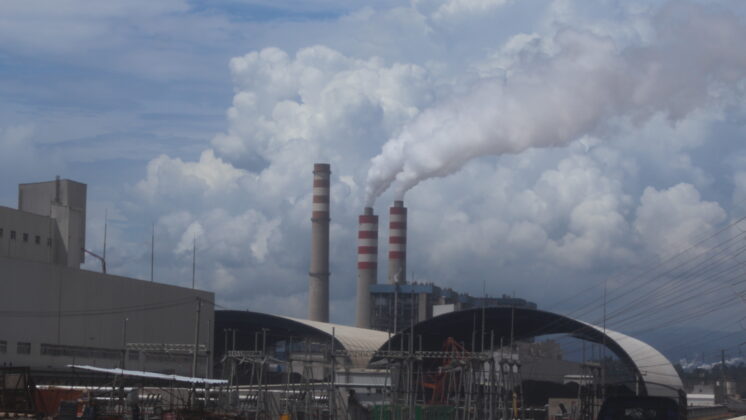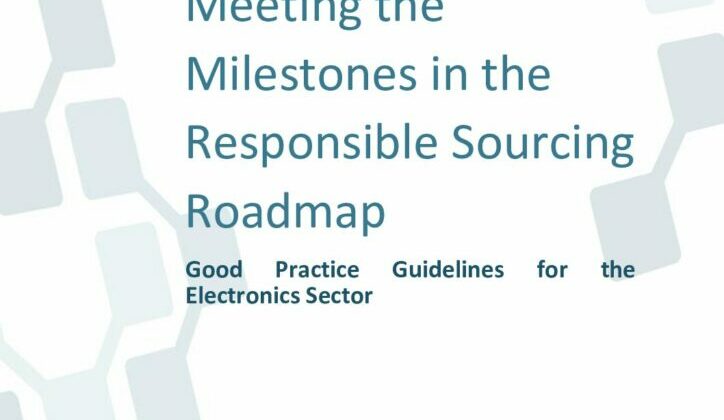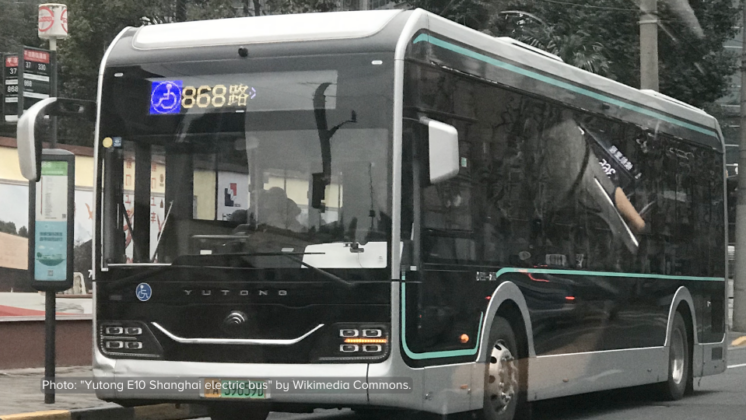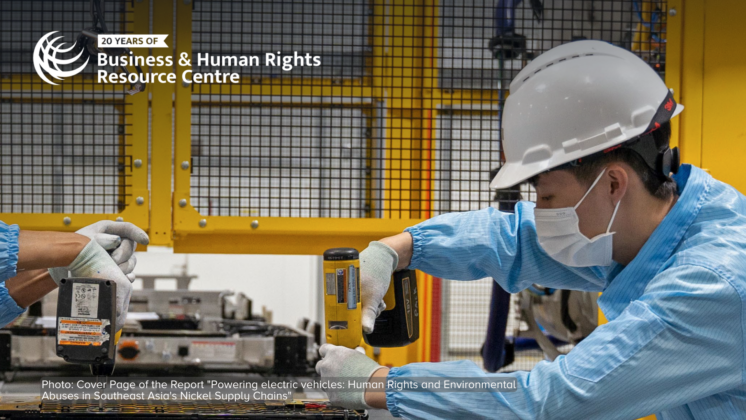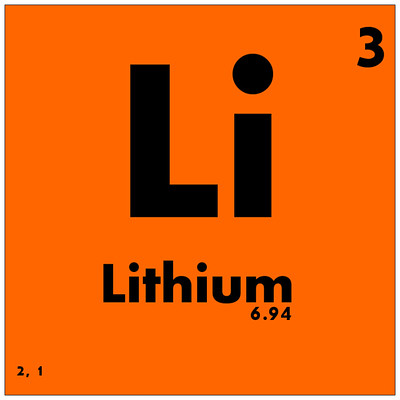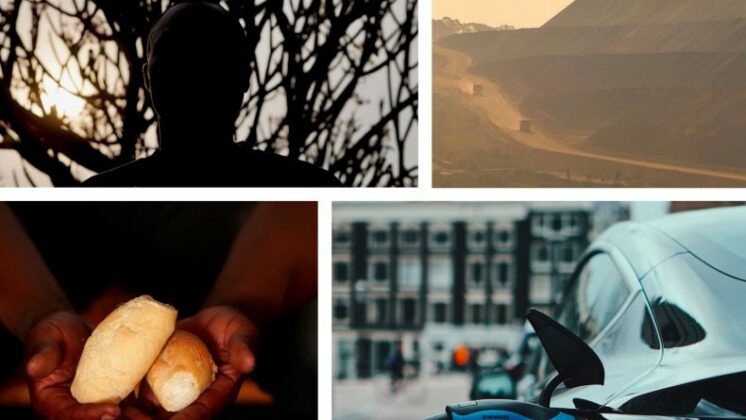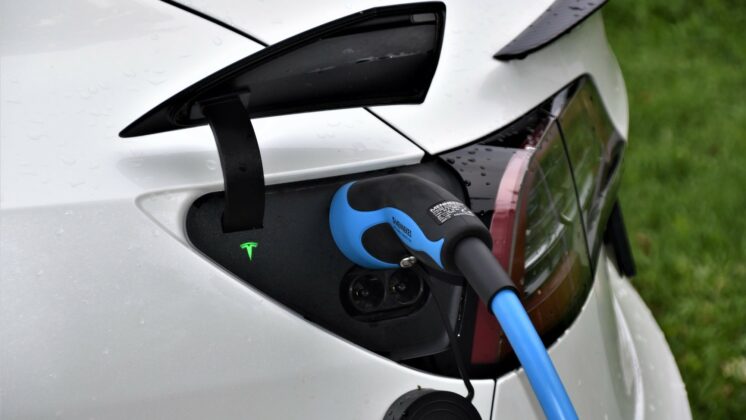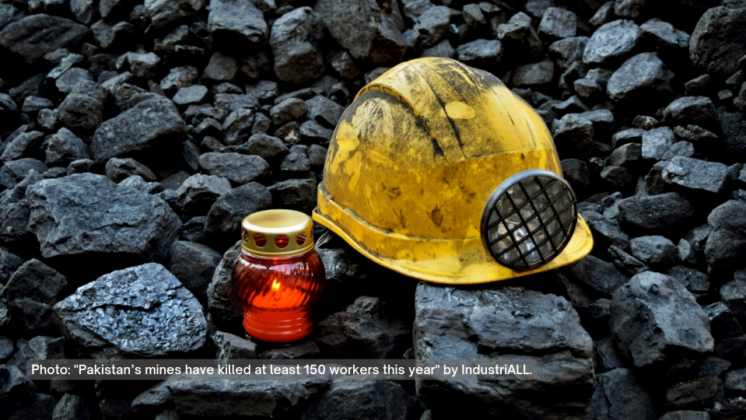FARN express concern regarding the lack of government action over the current and potential human rights impacts regarding lithium mining projects in Olaroz-Cauchari. Local communities and the social and environmental sustainability of these mining activities have not been taken into account by the provincial government, as evidenced by the lack of information regarding the risks of this activity.
 Photo: FARN
Photo: FARNConsultation with the communities prior to the start of any project, which must always be free and informed, did not comply with international standards or domestic legislation. The communities of Jujuy did not have access to “independent” information but only to the point of view of the companies, which provided them with technical data that in many cases they could not fully understand.
Although the provincial government should have led all stages of the consultation process, it was absent more than once. Without competent authorities present in order to fulfill a role that implies a non-transferable responsibility for the State, the involvement of an impartial third party wasn’t accomplished in many of the meetings and / or exchanges between the communities and the companies.
The absence of the State is also evident in the fact that the government of Jujuy does not seem to have collected basic information to help understand the environmental impacts of lithium mining in the area. This negatively affects its capacity to evaluate the Environmental Impact Assessment studies presented by the mining companies and, therefore, to control these activities and minimize its impacts.
FARN demands that both the State and the private sector guarantee respect for the rights of the communities and comply with their respective obligations in order to make sure that the local populations are not negatively affected by any of the instances that make the production of lithium in the area.
A LITTLE MORE INFORMATION ON LITHIUM
Lithium mining encroaches on the Rights of Indigenous Peoples
Lithium is used in electronic devices such as cell phones and laptops, and in larger batteries such as those used by electric vehicles. Thus, its demand has substantially increased in recent years worldwide. Yet, lithium mining is linked to a range of indigenous and human rights abuses, particularly in South America.
Argentina, which together with Bolivia and Chile, hold approximately 80% of the lithium brine reserves in the world, went from having just one project to becoming in 2016, the most dynamic lithium producing country. Its production has increased from 11% to 16% of the global market. Today there are approximately 46 active projects across the country.
Download the full report: Lithium extraction in Argentina: a case study on the social and environmental impacts.pdf (English)
Read more on the FARN website.


